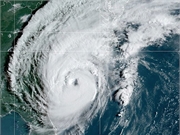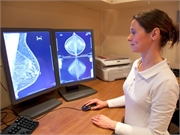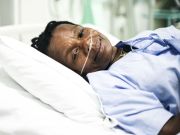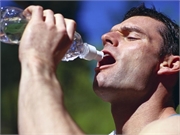
A hurricane is bearing down on your coastal community, bringing with it deadly storm surge flooding and airborne debris propelled by high winds. But this year there’s another killer lurking about — the invisible menace posed by the COVID-19 coronavirus. Public health and emergency management experts are sounding the alarm that the twin risks of… read on >


















